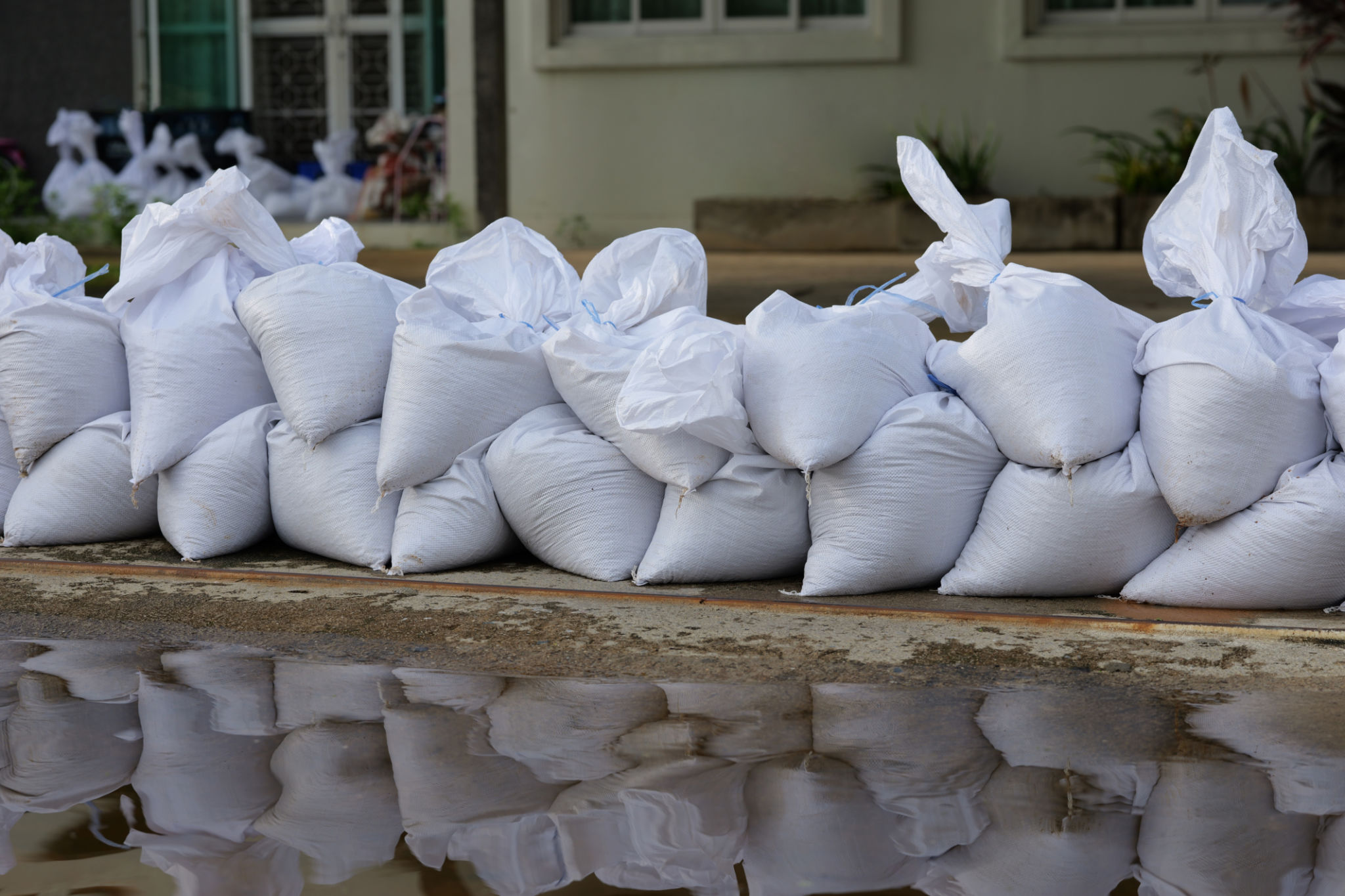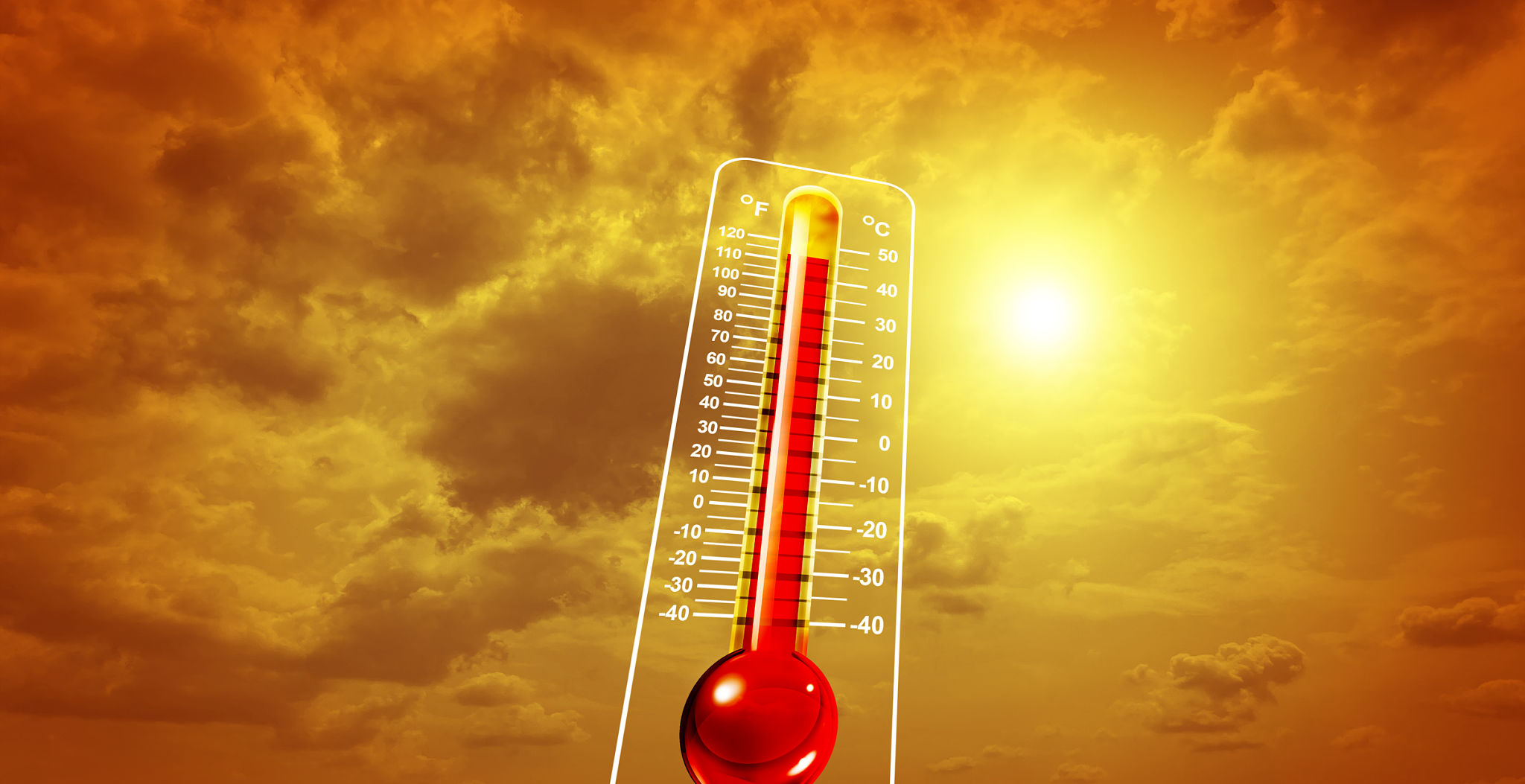Preparing for Seasonal Environmental Challenges in Florida
Understanding Florida's Unique Environmental Landscape
Florida, known for its beautiful beaches and vibrant wildlife, also presents unique environmental challenges due to its subtropical climate. The state experiences distinct seasons, each bringing its own set of weather-related challenges. Preparing for these seasonal environmental changes is crucial for both residents and businesses to ensure safety and minimize disruptions.
The most notable weather events in Florida include hurricanes, heavy rainfall, and extreme heat. Each of these phenomena requires specific strategies for preparation and response. Understanding the seasonal patterns can help in planning and mitigating potential risks.

Preparing for Hurricane Season
Hurricane season in Florida officially runs from June 1 to November 30. During this period, residents should be particularly vigilant about potential storms. Preparing for hurricanes involves several critical steps:
- Stock up on essential supplies such as water, non-perishable food, and first-aid kits.
- Develop a family emergency plan that includes evacuation routes and communication strategies.
- Secure your property by installing storm shutters and reinforcing doors and windows.
Staying informed through reliable sources like the National Hurricane Center is essential for timely updates and warnings. Local authorities often provide guidance tailored to specific regions, which can be invaluable during an emergency.
Managing Heavy Rainfall
Florida's rainy season typically spans from May through October, with the heaviest rainfall often occurring in the summer months. This can lead to flooding, especially in low-lying areas. To prepare for heavy rainfall, it's important to:
- Ensure proper drainage around your home to prevent water accumulation.
- Keep gutters and storm drains clear of debris.
- Consider flood insurance if you live in a high-risk area.
Flooding not only damages property but can also disrupt transportation and services. Being proactive about flood prevention can save significant time and resources in the long run.

Coping with Extreme Heat
Florida's summer temperatures can soar, leading to extreme heat conditions that pose health risks. Staying cool and hydrated is crucial during these months. Here are some tips to handle the heat:
- Stay indoors during peak heat hours, usually between 10 a.m. and 4 p.m.
- Drink plenty of fluids to stay hydrated, avoiding alcoholic or caffeinated beverages.
- Use air conditioning or fans to keep indoor spaces comfortable.
Heat-related illnesses, such as heat exhaustion and heat stroke, are serious concerns. Recognizing the symptoms early can prevent severe health issues.

The Role of Community Preparedness
Community preparedness plays a significant role in managing Florida's environmental challenges. Neighbors helping neighbors can make a substantial difference during emergencies. Organizing community meetings to discuss preparedness plans and share resources is beneficial for everyone involved.
Local governments often conduct workshops and drills to educate the public about emergency response procedures. Participating in these activities enhances community resilience and fosters a collaborative spirit.
Leveraging Technology for Better Preparedness
Technology offers numerous tools to enhance disaster preparedness and response. Weather apps provide real-time updates on conditions, while emergency notification systems alert residents about imminent threats. Social media platforms also serve as valuable channels for disseminating information quickly.
Home automation systems can play a role in preparedness by automating tasks like securing windows or adjusting temperature settings remotely during power outages. Embracing technology can streamline efforts to safeguard homes and families.

Conclusion: Adapting to Florida's Climate
Florida's seasonal environmental challenges require a proactive approach to preparation and adaptation. By understanding the state's unique climate dynamics and employing effective strategies, residents can protect themselves and their properties from potential hazards. Staying informed, working together as a community, and utilizing technology are key components in successfully navigating Florida's weather extremes.
Ultimately, awareness and preparation are the best defenses against the unpredictable nature of Mother Nature in the Sunshine State. Embrace these practices to ensure safety and peace of mind throughout the year.